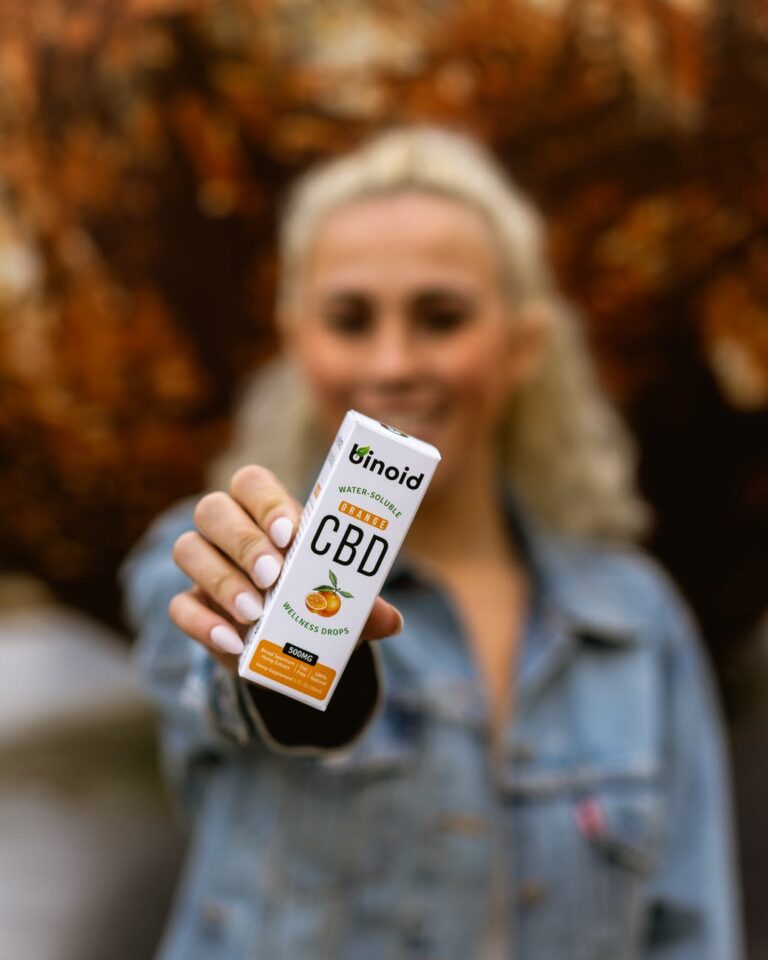Mental health is quickly growing in the United States as a crisis for which many suffer in silence due to the stigma attached to the illness. Particularly prevalent are anxiety disorders tallying nearly 20 percent of the total population and increasing with each passing year. These conditions should be treated through psychotherapy, pharmaceuticals, or many times the two combined. But typically, people choose to pass on those options and self-soothe with alternatives such as products like CBD oil.
The claim is that CBD offers properties that boast the ability to assist in reducing symptoms associated with depression, anxiety, and pain. A vast majority of those indulging in these compounds do so for a variety of health ailments, with these disorders being among the top of the list. These are not something that you should take for granted and you need to do everything in your power to relieve yourself of an unnecessary strength or to completely resolve the situation.
Research is not considerably disallowing for evidence as to how CBD produces the results related to anxiety. Some studies suggest that aside from the impact it has on the endocannabinoid system, there may be an influence on the receptors responsible for the serotonin modulation, which plays a role in the regulation of anxiety.
The Use Of CBD In The Treatment Of Anxiety Disorders
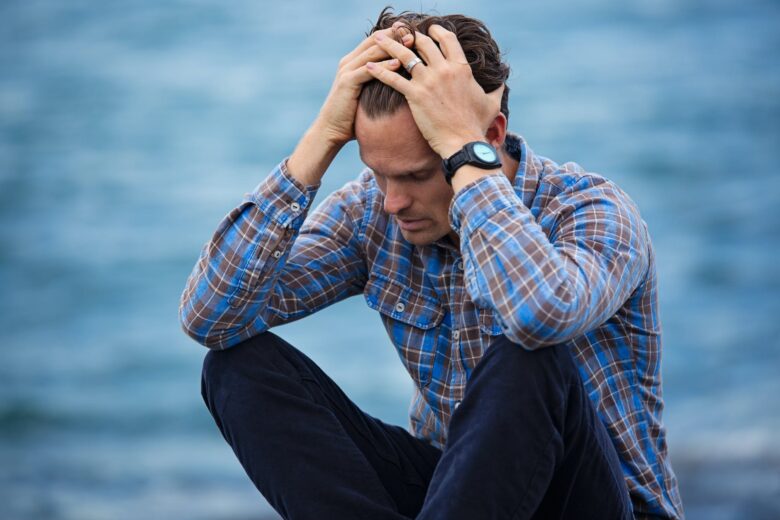
Scientific studies to date have been isolated to animal subjects with suggestions that the compound has potential for treating a variety of conditions associated with anxiety. The research indicates the compound boasts potential for aiding in symptoms related to specific disorders such as panic, generalized anxiety, obsessive compulsion, social anxiety, and post-traumatic stress.
The compound has a broad audience who favors the ‘solution’ as their idea of a remedy for anxiety and the many other associated disorders. Some people merely take the substance to cope with basic everyday stresses, while others take it as an alternative to other means of professional medical treatment for generalized anxiety disorder.
In saying that, it is always for the greater good of each person to consult with your regular physician before beginning any course of treatment for what deems to be a medical condition, particularly those that construe as serious. The doctor has the credentials to evaluate the severity of the situation, advise appropriate treatment, and implement a plan of care as well as a monitor said treatment.
It would be best if you never based a decision regarding your health on anything you read about limited clinical studies on animals or anecdotal studies. This has no bearing as to how these products will react in your particular situation. A doctor’s advice is primary, so don’t even think to start using CBD without consultation with your doctor or at least some CBD expert that you can find online.
Does it Really Help?
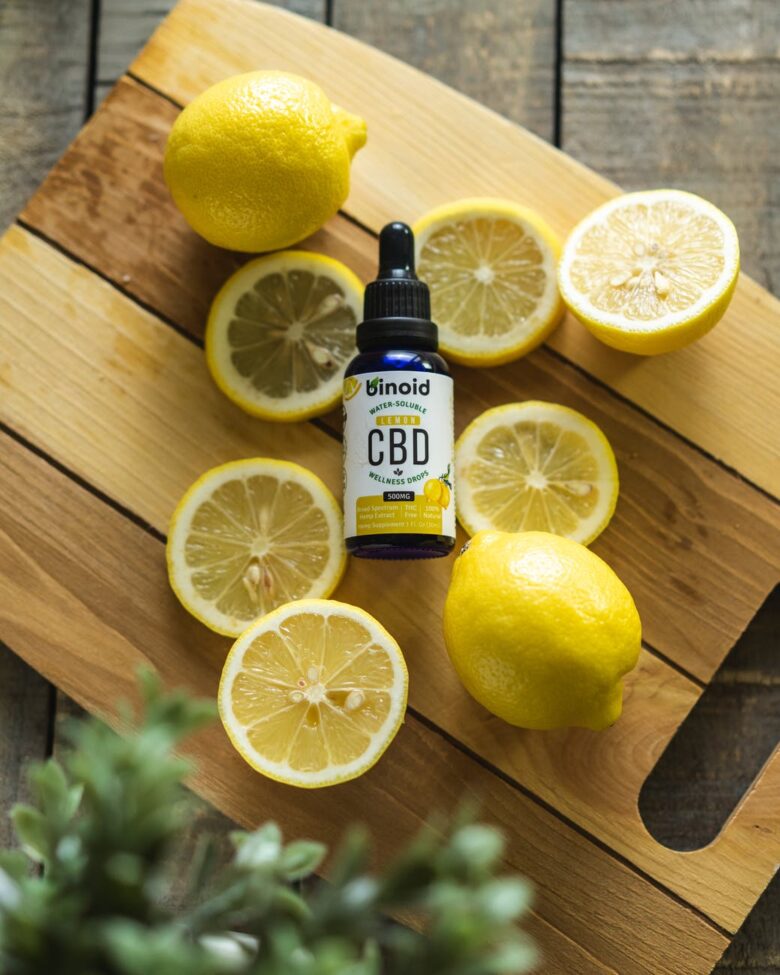
Using CBD for treating many OCD and many other similar disorders is much more than pure speculation. For a couple of decades, a plethora of reports was done in order to prove that they have benefits for a wide array of disorders and mental conditions. One of the most prominent reports was done by Maria Steenkamp and Esther Blessing. It was done back in 2015. In this report, we can see many different pieces of evidence that support this claim.
The main evidence that proved this claim is that endocannabinoids are stimulating the limbic region in a human brain, and can have multiple benefits for conditions like dementia, epilepsy, OCD, and ADHD. Naturally, there are many other studies that can provide us with an insight into this. For example, try to Google Schneider et al (1999), Osuch et al (2001), or take a look at some other studies that you might stumble across.
How to Start?
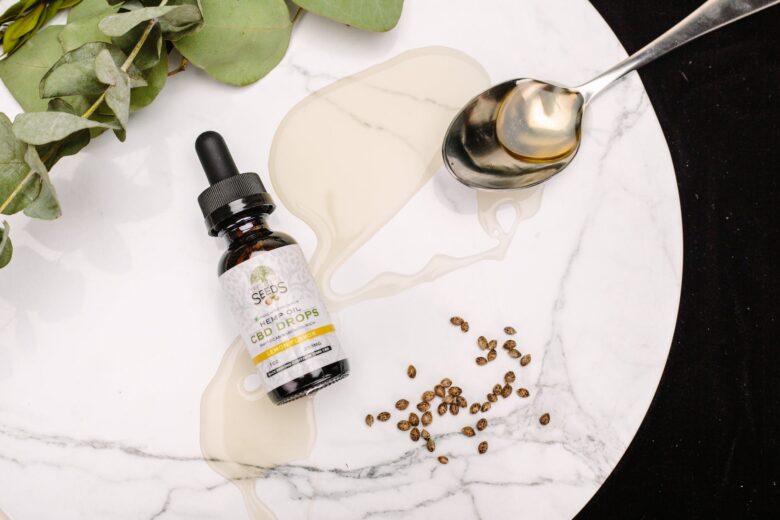
It should be said that getting started with CBD is not hard. The first and most important thing you need to do is to choose the product you would like to use and you are good to go. Naturally, we would highly recommend you consult with your doctor before you actually decide to use it. Based on the doctor’s opinion, you will be able to choose the best type for you.
You will need to check the information displayed on a package before you buy a product. That way you will be able to actually understand what type of product you really need and exactly how it can help you with treating your condition. Thankfully, there are a plethora of forms you can choose from in order to consume CBD, like tinctures, topicals, edibles, oils, and capsules.
The Proper Dosage
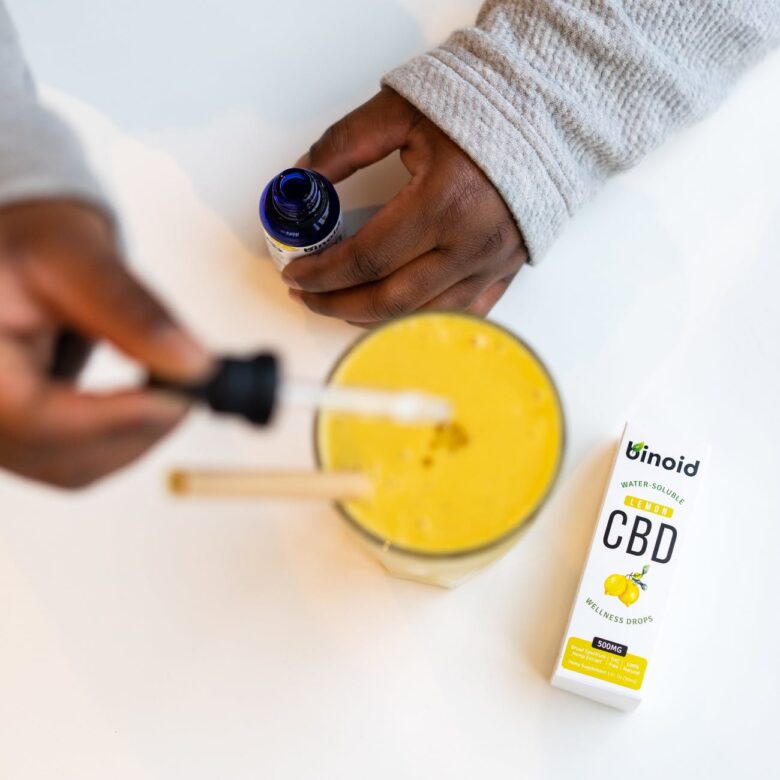
In order to find the come up with a proper dosage for treating OCD, you need to follow two pretty strict rules. The first is that you should consult with an expert and a doctor before you start consuming CBD. The second one is that you start with the minimum dosage and slowly increase it until you find the proper amount for you to use. Whatever is the case, we would highly recommend you to use as minimum dosage as possible.
The reason is that using a high, necessary amount, can lead to some CBD using disorder that can provide you with headaches that you don’t really need. For example, the dosage between ten and thirty milligrams is going to be more than enough for relieving the level of stress and anxiety. So, you should start with ten milligrams and slowly work your way up until you are satisfied. You should be aware that CBD doesn’t produce almost any side-effects, so you can be pretty much comfortable if you are using the right amount.
Legality And Safety Of The Products
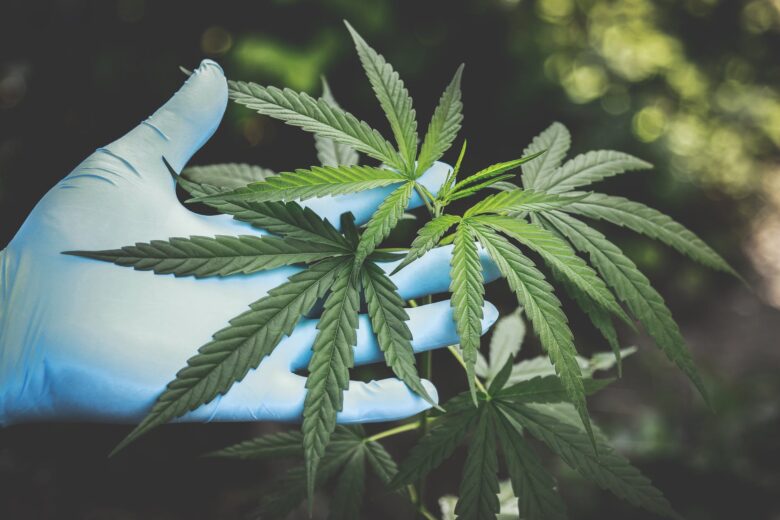
Cannabidiol is widely available through a multitude of suppliers online (visit this website for information on these products) and in storefront dispensaries. It has become legal in nearly all 50 states for cultivation and distribution with the advice that each individual takes responsibility for ensuring that the products are third-party lab tested through a high-quality facility where the supplier is licensed and reputable.
Since it is unregulated, there is the risk that the items may be labeled wrong, with some having significantly more THC than what is allowed by law. THC will actually agitate anxiety and increase heart rate making these products worse as opposed to beneficial.
There is a potential for adverse effects inclusive of anxiety in the use of the substance depending on the person and the body chemistry. Preliminary studies suggest there is the potential for the following adverse reactions to be triggered:
- Diarrhea
- Appetite changes
- Vomiting
- Mood changes
- Dizziness
- Nausea
- Dry mouth
- Drowsiness
- Low blood pressure
Adverse reactions are rare with the compound, but if you have these effects, it’s essential to either reduce the dosage or stop taking the product until you consult with a medical provider. There is the potential for interactions with existing medications or interference with current medical conditions. This is why a visit with your doctor is critical before starting the course of treatment.
Final Word
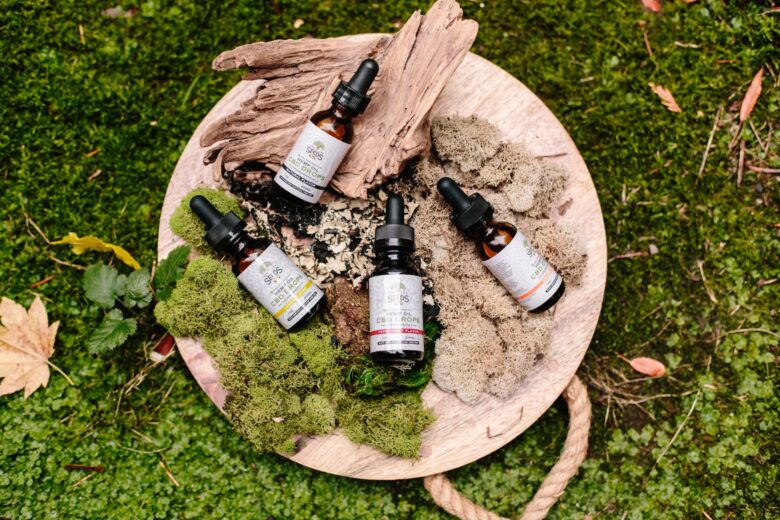
In treating mental health and associated disorders, the ultimate goal is to return the individual to their ideal quality of life. In almost every situation, no person can determine a plan of care for themselves for these conditions. It takes a professional mental health expert guiding you on your path. They will collaborate with you to determine your goals, making them an essential part of your care. Take the link to receive specifics on conditions such as obsessive-compulsive disorder or OCD.
Your input is always critical. If you choose not to have pharmaceutical medication as part of your treatment plan, let your provider know where your thought process is. There is every possibility that they will concur with you on trying CBD and monitor you as your progress.
Unfortunately, suffering in silence is standard with mental illness due to public misperceptions. This leads to dangerous self-treating without proper education. CBD boasts as being beneficial in reducing symptoms associated with anxiety disorders. Still, it’s critical that a trained professional follow you through the journey. Some things are bigger than us.

